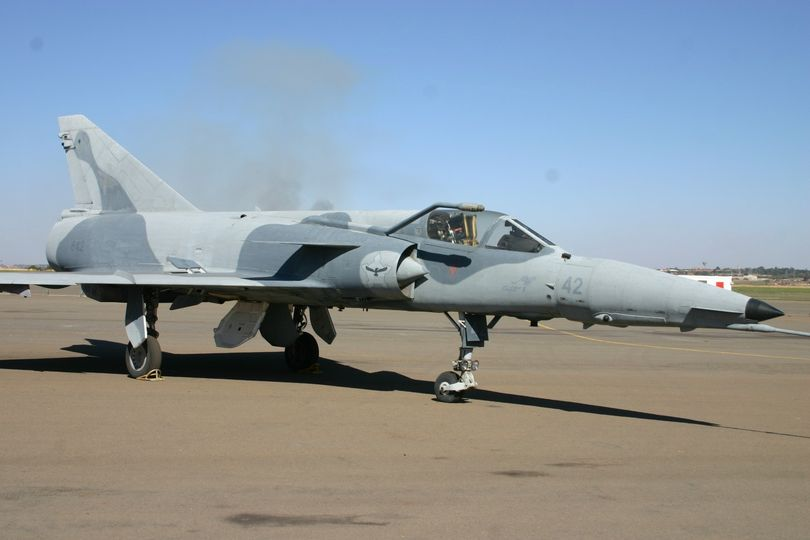News
Denel Brain Drain: How Gulf Firms Lured SA Missile Experts and Hijacked Defence Secrets

South Africa’s defence jewel under siege
South Africa’s state-owned defence company, Denel, once celebrated for its cutting-edge missile and UAV technology, is facing a talent exodus of alarming proportions. A newly released report, highlighted by DefenceWeb, reveals a systematic recruitment of Denel engineers by Middle Eastern firms, coinciding with the company’s prolonged financial and governance crises.
The fallout is more than just economic. Critical defence intellectual property (IP) has reportedly been transferred to Gulf companies, raising serious national security concerns.
From partnership to predation
The Middle East-South Africa defence relationship dates back to agreements with Emirati and Saudi entities, including KACST, SAMI, EDGE, and Tawazun. Local participants, such as Denel, Epsilon Engineering, Incomar, and the CSIR, were initially collaborating to develop advanced defence capabilities for the Gulf region.
Tawazun Dynamics, launched in 2012 with Denel Dynamics holding a 49% stake, was a flagship venture that later became Barij Dynamics and then Al Tariq. While early projects were profitable, the relationship deteriorated as Denel struggled financially.
By 2016, the cracks had widened. Gulf companies, particularly EDGE, began aggressively headhunting South African engineers, offering salary boosts of up to 30% and fast-tracked relocation packages to the UAE. Former colleagues were allegedly encouraged to access sensitive data, turning collaboration into strategic extraction.
Exploiting weak governance
The report paints a picture of a company undermined by poor oversight. After a new board was appointed in 2015, irregular deals proliferated:
-
R229 million awarded to Gupta-linked VR Laser under suspicious circumstances.
-
R334 million improperly disbursed to Denel subsidiary LMT.
-
Misallocated pilot training bursaries and unauthorised procurement.
These breaches of the Public Finance Management Act and Companies Act exacerbated Denel’s financial collapse. Delayed salaries and operational chaos triggered a mass departure of engineers, many heading to Gulf nations where demand for expertise was high.
The theft of missile secrets
The Special Investigating Unit (SIU) reports that IP worth R328 million was unlawfully transferred to HALCON, including data packs for Mkhonto, Ingwe, and Mokopa missile systems. SAMI and Barij Dynamics were among the beneficiaries.
In some cases, former Denel executives allegedly facilitated these breaches before resigning and joining Gulf companies. Forged authorisations and improper data transfers involving P2 and P3 missile technologies were also uncovered, often executed without board knowledge.
A talent exodus like no other
Over 300 former Denel employees are now believed to be working in the UAE. Tawazun, EDGE, and other Gulf companies actively targeted personnel with strategic knowledge, ensuring that Denel’s collapse became a transfer of expertise rather than just a domestic loss.
Social media and industry forums have reacted with alarm. Many South Africans see the brain drain as symptomatic of a larger issue: the failure of state-owned enterprises to retain talent and protect critical national assets.
The national security question
Despite the report’s severity, the Department of Defence and Military Veterans had not issued a statement at the time of publication. The SIU investigation into these breaches and their long-term implications for South Africa’s defence capabilities is ongoing.
Experts warn that the consequences extend beyond Denel: the loss of critical missile and UAV knowledge to foreign powers could have strategic implications for the country for decades to come.
{Source: IOL}
Follow Joburg ETC on Facebook, Twitter , TikTok and Instagram
For more News in Johannesburg, visit joburgetc.com



























